Located on a quiet, leafy lane near Shida Night Market in Taipei, Mooi Trouve (找到魔椅), which opened earlier this month, breathes new life into a worn-down, single-family home built during the Japanese colonial era. The warm, heady fragrance of cypress wood greets visitors as they walk into a small store in front that sells vintage home accessories imported from Europe, while the spacious cafe takes visitors back nearly 70 years into the history of Taiwanese residential architecture.
Mooi Trouve is the latest project of Minfu Chien (簡銘甫), who launched Mooi in 2004 as a vintage furniture importer. The brand now includes a furniture store on Qingtian Street (青田街) next to Ecole Cafe (學校咖啡館), Chien’s first coffee shop, and Fabrik (加工廠), which focuses on European design from the 1920s to 1950s. (Chien recently closed Mooi’s first location on Fujin Street, 富錦街.)
Chien began planning Mooi Trouve three months ago after a friend told him that National Taiwan University (國立臺灣大學, known as Taida, 台大) was seeking a tenant for the structure near Taishun Street that once served as faculty housing. Built in 1943, it had stood empty for several years along with other similar structures owned by the school. Taida is now seeking business owners to occupy the former residences, many of which were constructed during the Japanese colonial era, and turn them into cafes or stores.
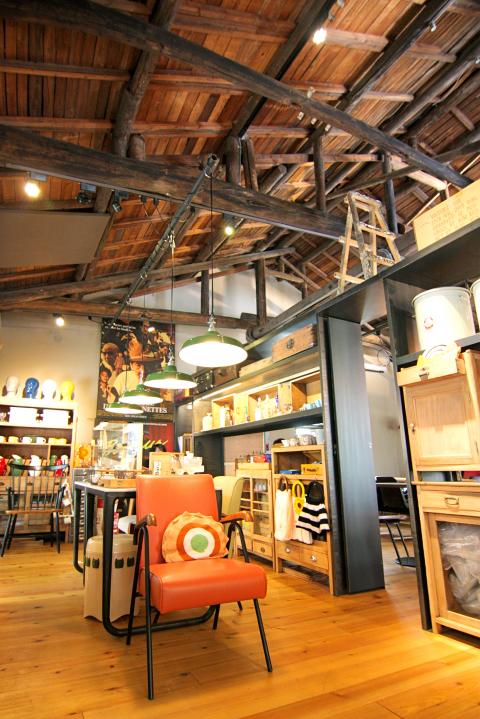
Photo: Catherine Shu, Taipei Times
When the Mooi Trouve renovation team began working on the house, they expected the project to take three weeks, but ended up spending twice that time because the building was more run-down than Chien had anticipated.
“Taida said we could do anything we wanted inside, as long as we preserved the exterior’s original appearance,” Chien says.
While tearing out the rotted floorboards, workers discovered that the wooden planks had simply been laid on top of bricks without any fasteners. The entire floor had to be redone, but Chien kept the walls and roof intact. The property came with an adjacent parking lot that was turned into a wooden deck, complete with vintage theater seats, two painted wooden carousel horses salvaged from the Taipei Children’s Recreation Center (台北市立兒童育樂中心) and a play area with a pint-sized slide.
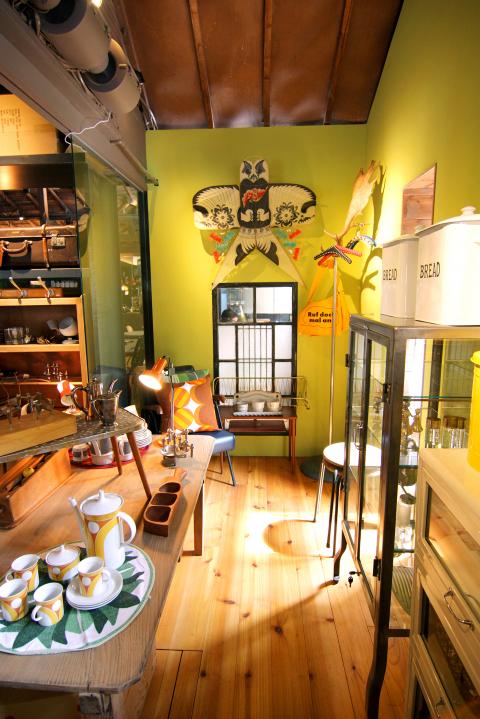
Photo: Catherine Shu, Taipei Times
The cafe’s interior design spotlights the soaring ceiling with its sturdy cypress beams.
“People look up as soon as they walk in,” Chien says. “We don’t want anything to distract from that.”
Chien chose neutral colors for the furniture and kept the unpainted walls bare except for a few movie posters. Tables were custom built for the space, but most chairs, which include mid-century modern and industrial styles, were once used in German schools or gyms in the 1960s and 1970s; many lighting fixtures are also vintage.
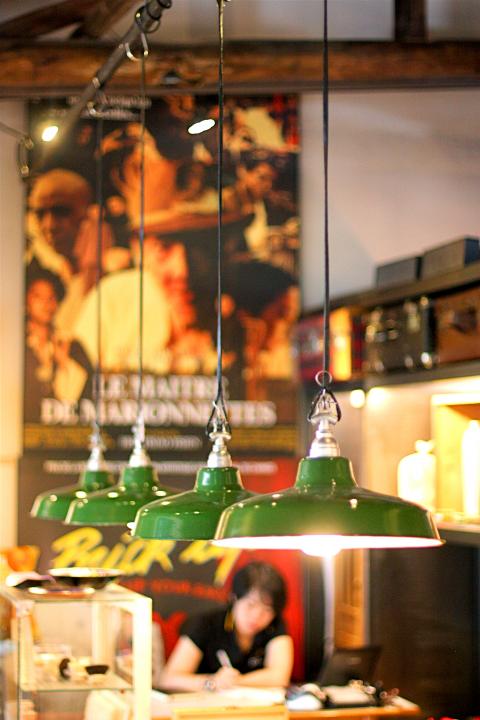
Photo: Catherine Shu, Taipei Times
Across the wooden deck is a single-story house similar in design to the Mooi Trouve building. Chien installed floor-to-ceiling windows on that side of the cafe to spotlight its neighbor’s silhouette.
“We want to make sure there is a connection to the house next door,” Chien says.
Mooi Trouve’s design elements create an interior that is expansive and airy but homey. The building’s wooden structure and floorboards absorb sound even when the cafe is full. Though Mooi Trouve only opened this month, it already has a steady stream of visitors even on weekdays, many settling in with their books or laptops.
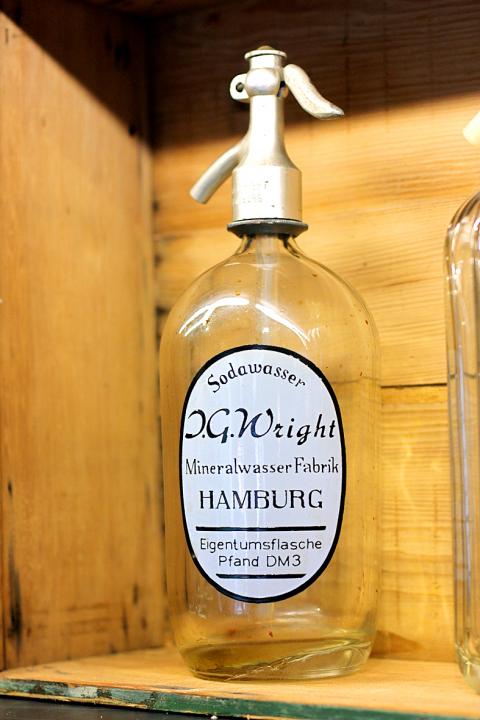
Photo: Catherine Shu, Taipei Times
“We wanted to create an easygoing atmosphere, nothing too deliberate,” Chien says. “We don’t mind if people hang out here for a while.”
The shop sells an assortment of new and old items from Europe. Chien goes on buying trips frequently and estimates that he spends at least half of each year abroad. He visits Germany the most, but also drives throughout Europe and makes occasional forays to other continents (South America is next on his itinerary).
The current selection includes Chinese paper bat kites, vintage Steiff stuffed animals, embroidered napkins from a Paris flea market and enameled dishes. German-made natural bristle and wood brushes in unusual shapes are displayed in a glass case. Other new items, such as wall hooks created from bicycle gears, buttery leather pouches and sturdy tote bags sewn from museum exhibition banners, are made by local designers. Small wooden hand-weaving shuttles are displayed next to old street signs and address plaques, while one shelf is topped with a row of ceramic and glass heads once used by milliners to block and display hats. Most home accessories and dishes in the store range from NT$500 to NT$2,000.
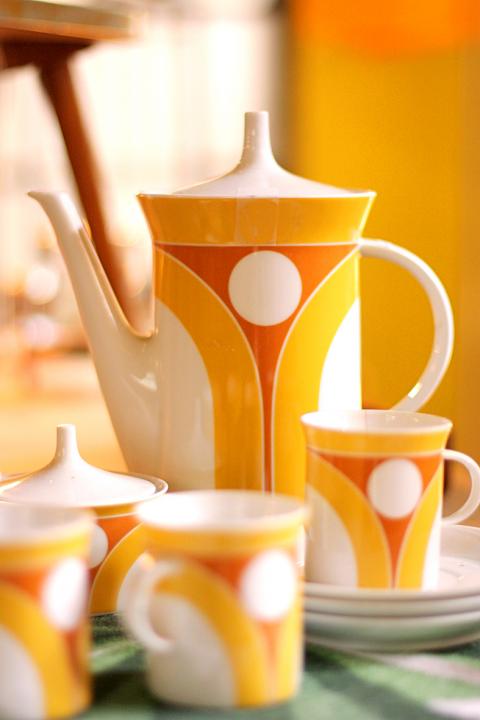
Photo: Catherine Shu, Taipei Times
“I like to bring back odd things from each country I travel to,” Chien says. “I like finding things that people over there might consider really commonplace, but that are strange and exotic to us.”
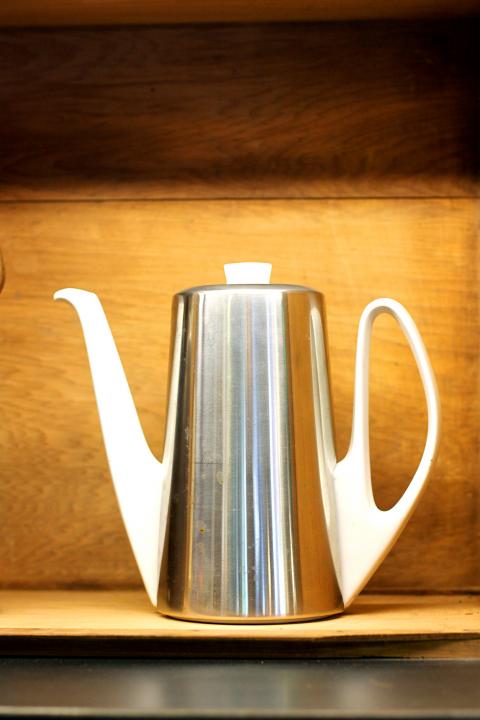
Photo: Catherine Shu, Taipei Times
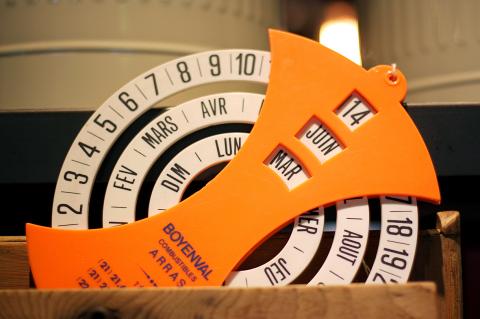
Photo: Catherine Shu, Taipei Times
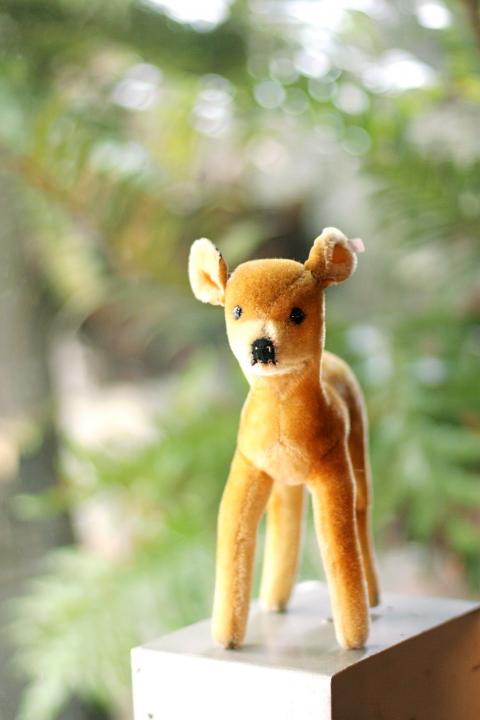
Photo: Catherine Shu, Taipei Times
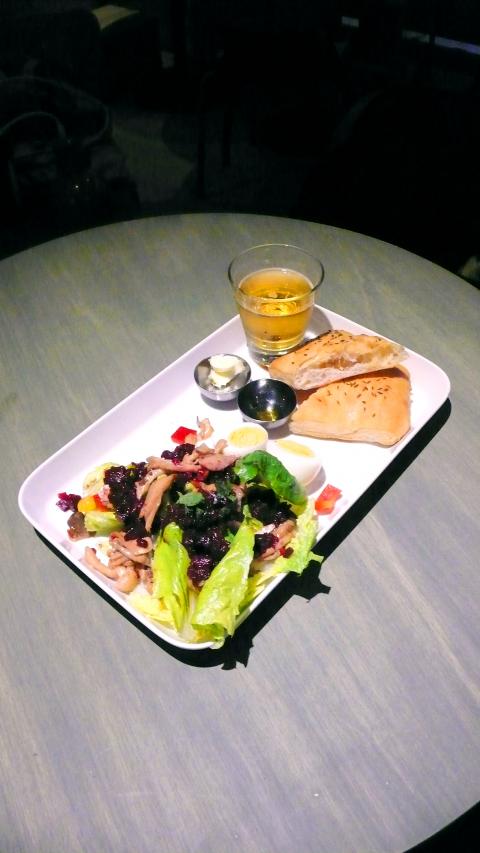
Photo courtesy of Mooi Trouve
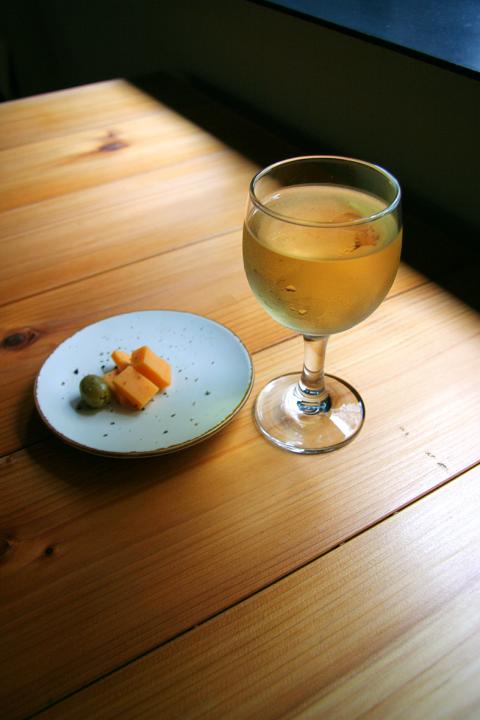
Photo courtesy of Mooi Trouve

April 14 to April 20 In March 1947, Sising Katadrepan urged the government to drop the “high mountain people” (高山族) designation for Indigenous Taiwanese and refer to them as “Taiwan people” (台灣族). He considered the term derogatory, arguing that it made them sound like animals. The Taiwan Provincial Government agreed to stop using the term, stating that Indigenous Taiwanese suffered all sorts of discrimination and oppression under the Japanese and were forced to live in the mountains as outsiders to society. Now, under the new regime, they would be seen as equals, thus they should be henceforth

Last week, the the National Immigration Agency (NIA) told the legislature that more than 10,000 naturalized Taiwanese citizens from the People’s Republic of China (PRC) risked having their citizenship revoked if they failed to provide proof that they had renounced their Chinese household registration within the next three months. Renunciation is required under the Act Governing Relations Between the People of the Taiwan Area and the Mainland Area (臺灣地區與大陸地區人民關係條例), as amended in 2004, though it was only a legal requirement after 2000. Prior to that, it had been only an administrative requirement since the Nationality Act (國籍法) was established in

With over 80 works on display, this is Louise Bourgeois’ first solo show in Taiwan. Visitors are invited to traverse her world of love and hate, vengeance and acceptance, trauma and reconciliation. Dominating the entrance, the nine-foot-tall Crouching Spider (2003) greets visitors. The creature looms behind the glass facade, symbolic protector and gatekeeper to the intimate journey ahead. Bourgeois, best known for her giant spider sculptures, is one of the most influential artist of the twentieth century. Blending vulnerability and defiance through themes of sexuality, trauma and identity, her work reshaped the landscape of contemporary art with fearless honesty. “People are influenced by

The remains of this Japanese-era trail designed to protect the camphor industry make for a scenic day-hike, a fascinating overnight hike or a challenging multi-day adventure Maolin District (茂林) in Kaohsiung is well known for beautiful roadside scenery, waterfalls, the annual butterfly migration and indigenous culture. A lesser known but worthwhile destination here lies along the very top of the valley: the Liugui Security Path (六龜警備道). This relic of the Japanese era once isolated the Maolin valley from the outside world but now serves to draw tourists in. The path originally ran for about 50km, but not all of this trail is still easily walkable. The nicest section for a simple day hike is the heavily trafficked southern section above Maolin and Wanshan (萬山) villages. Remains of